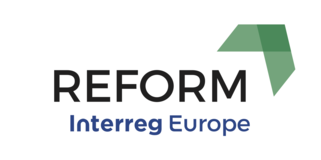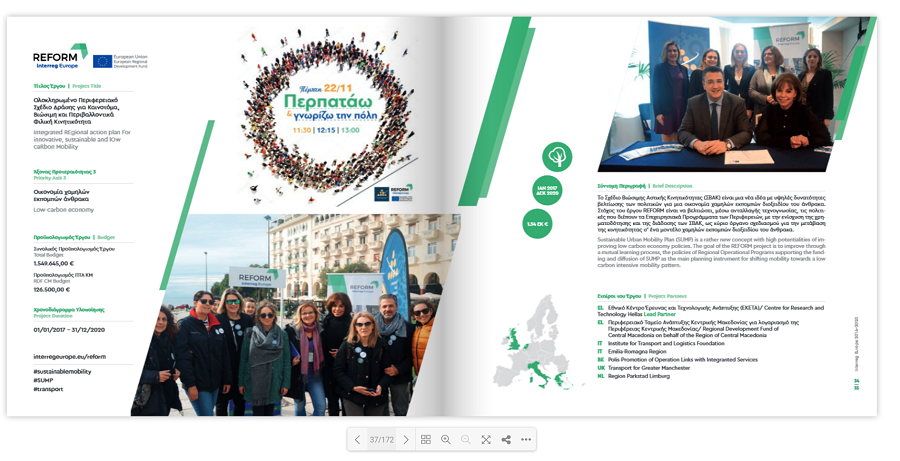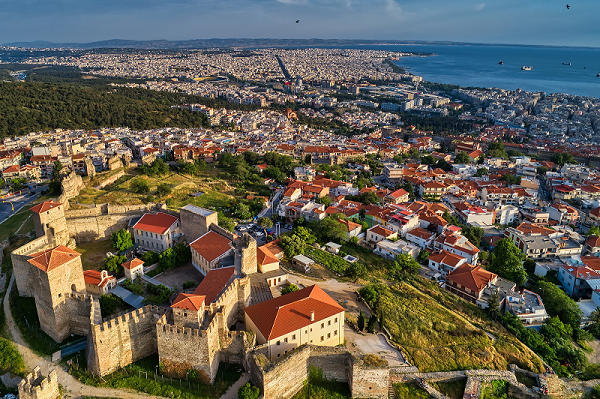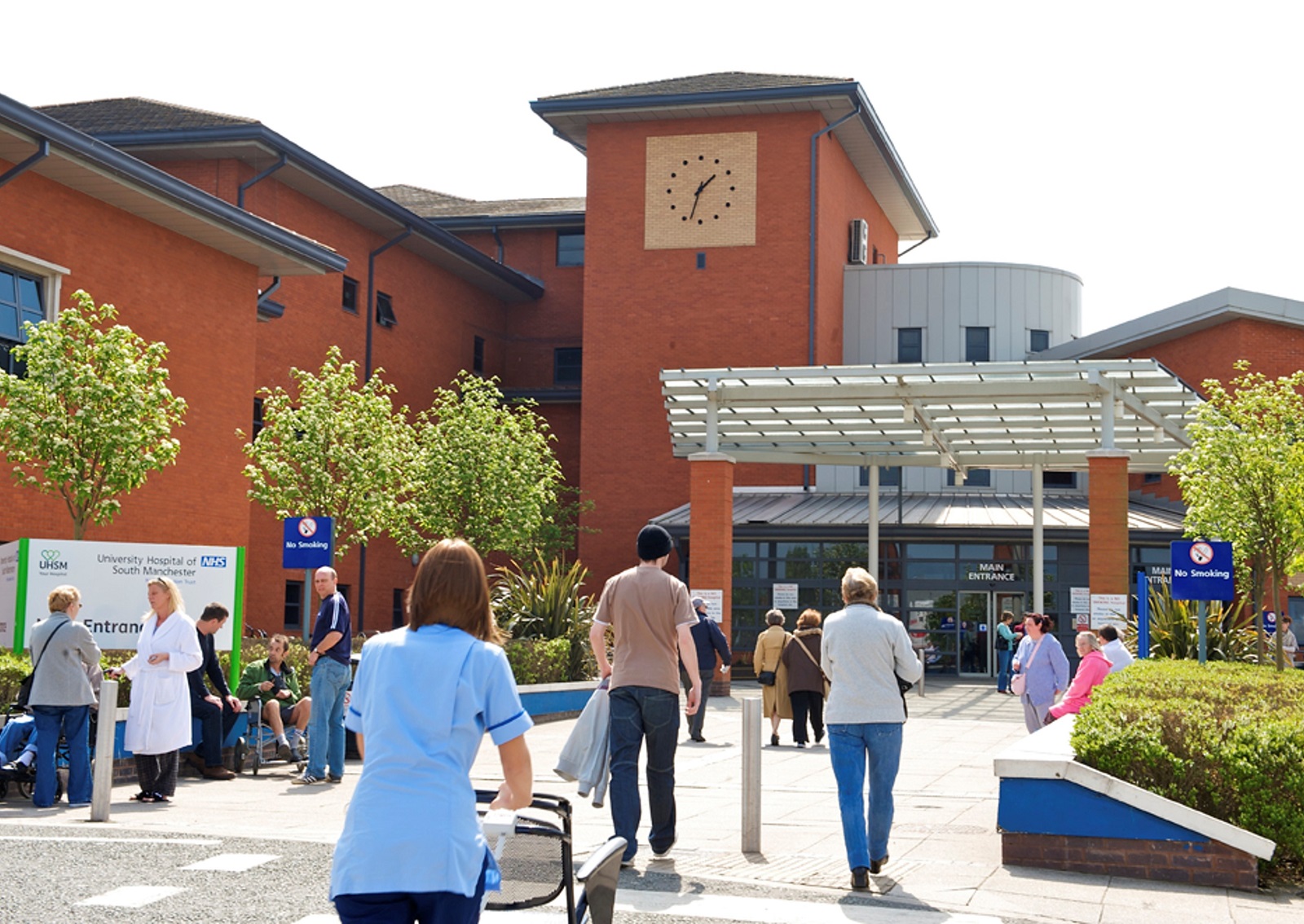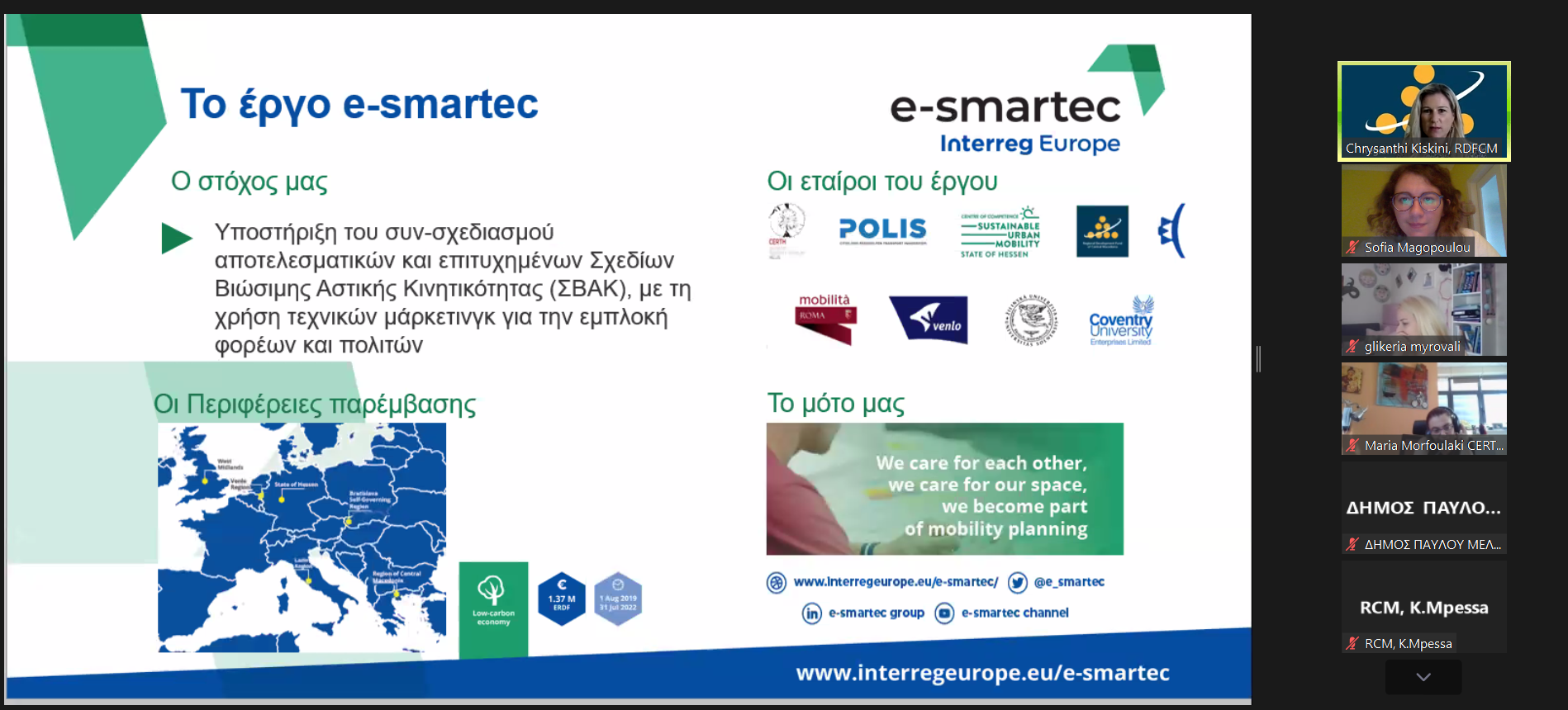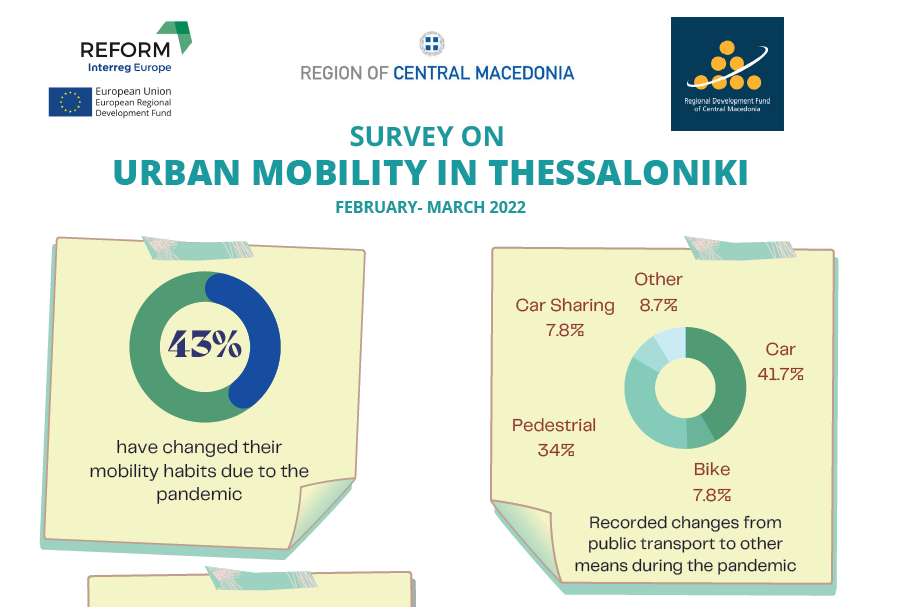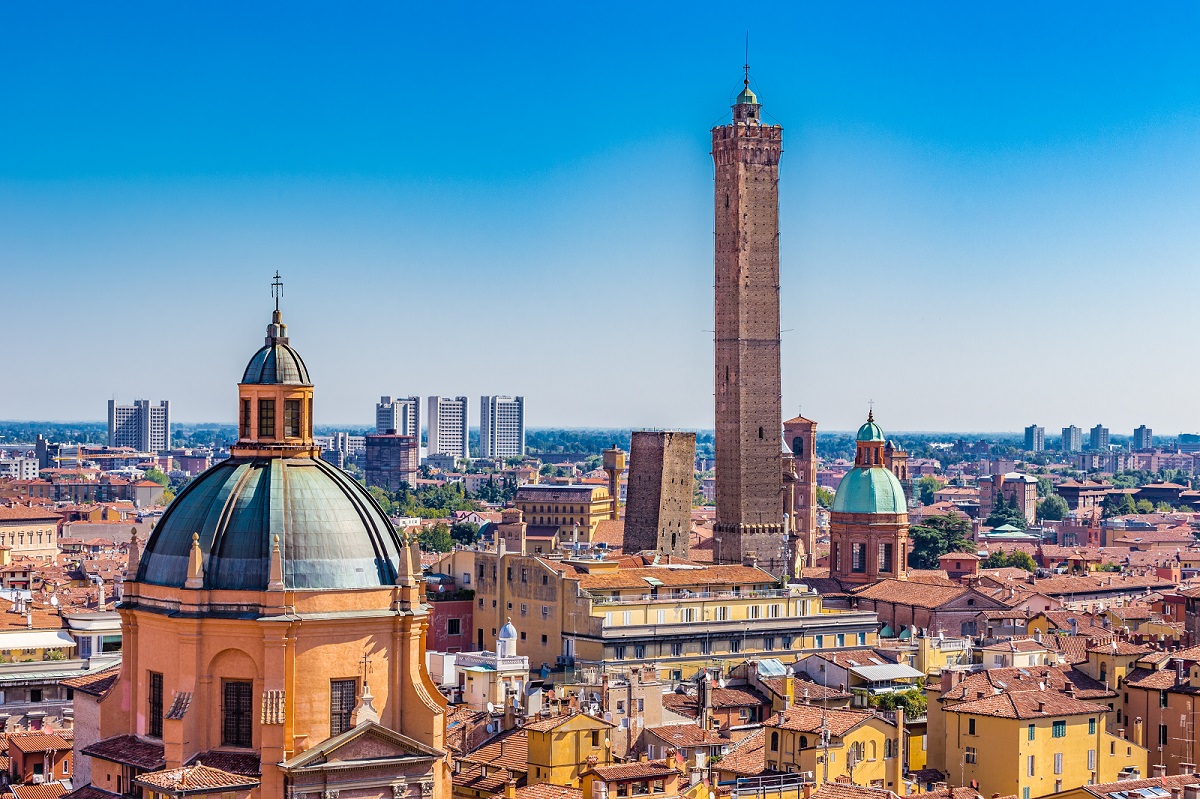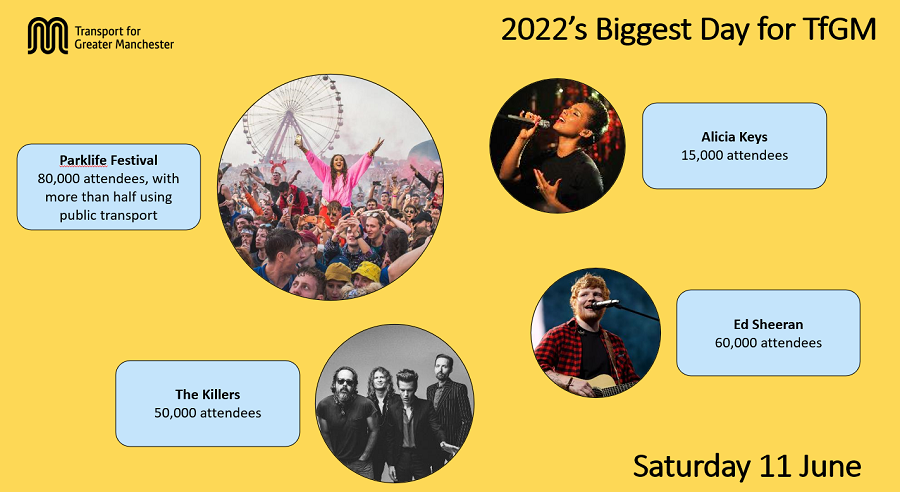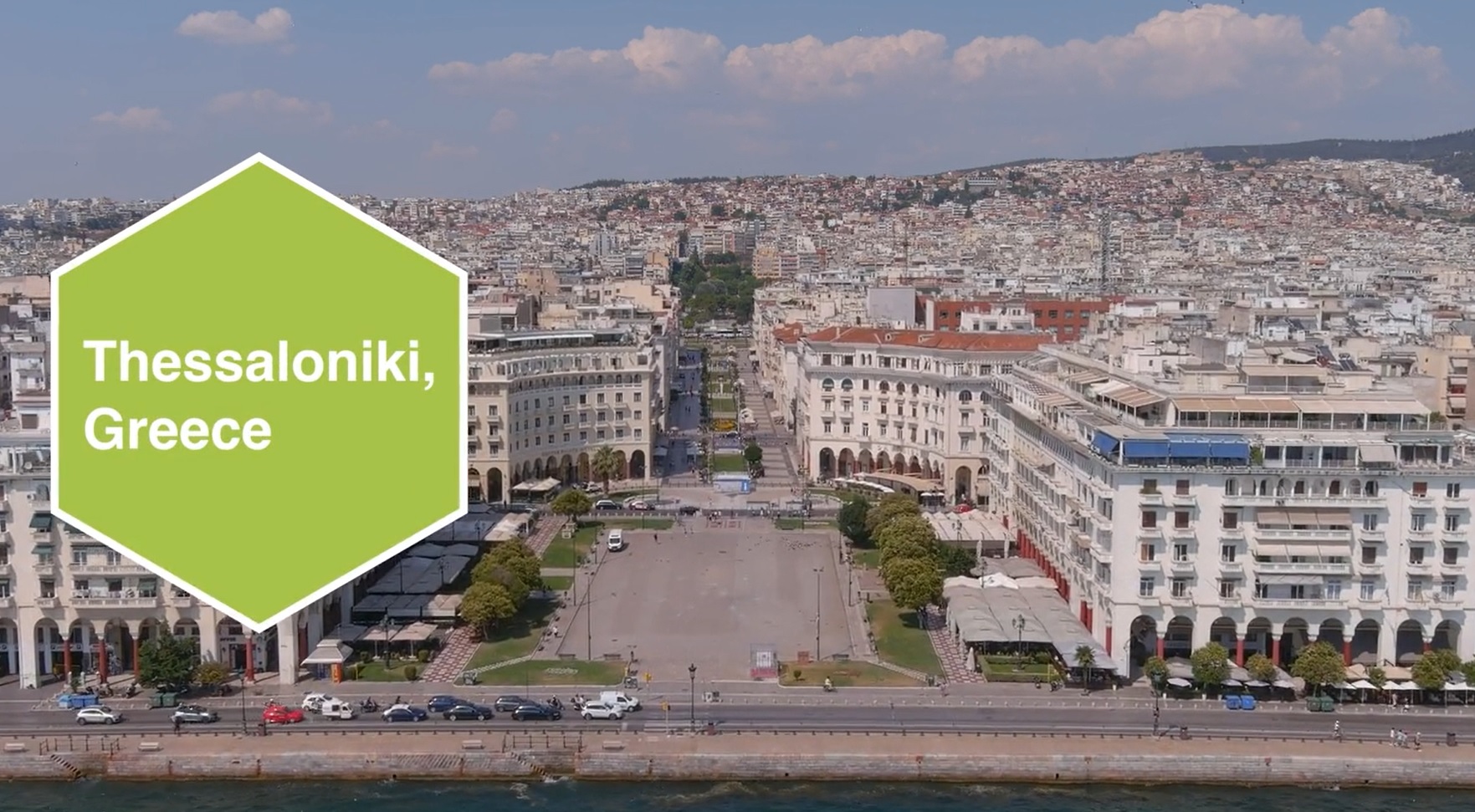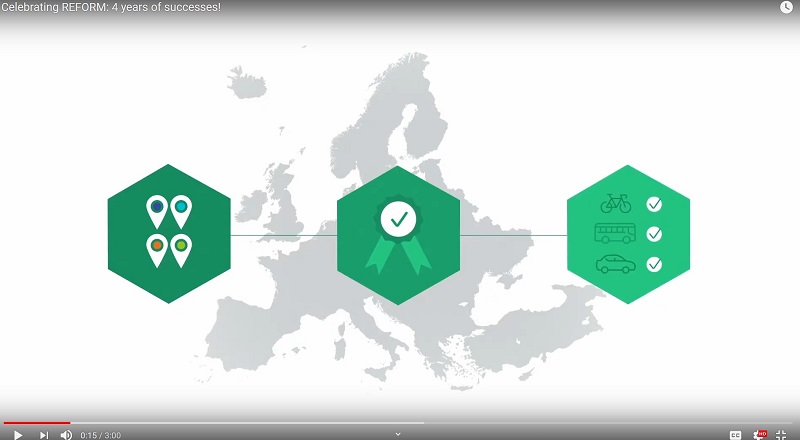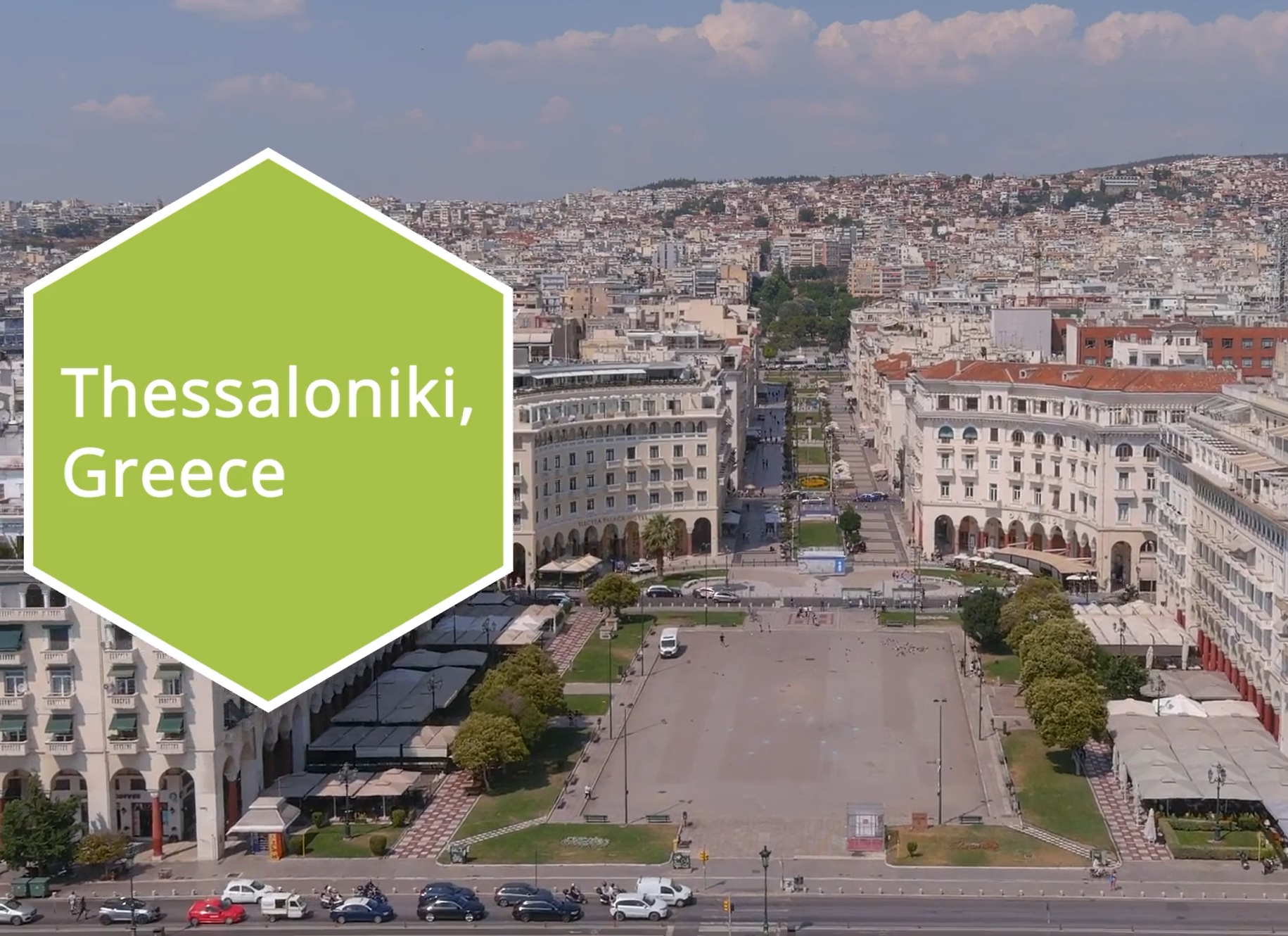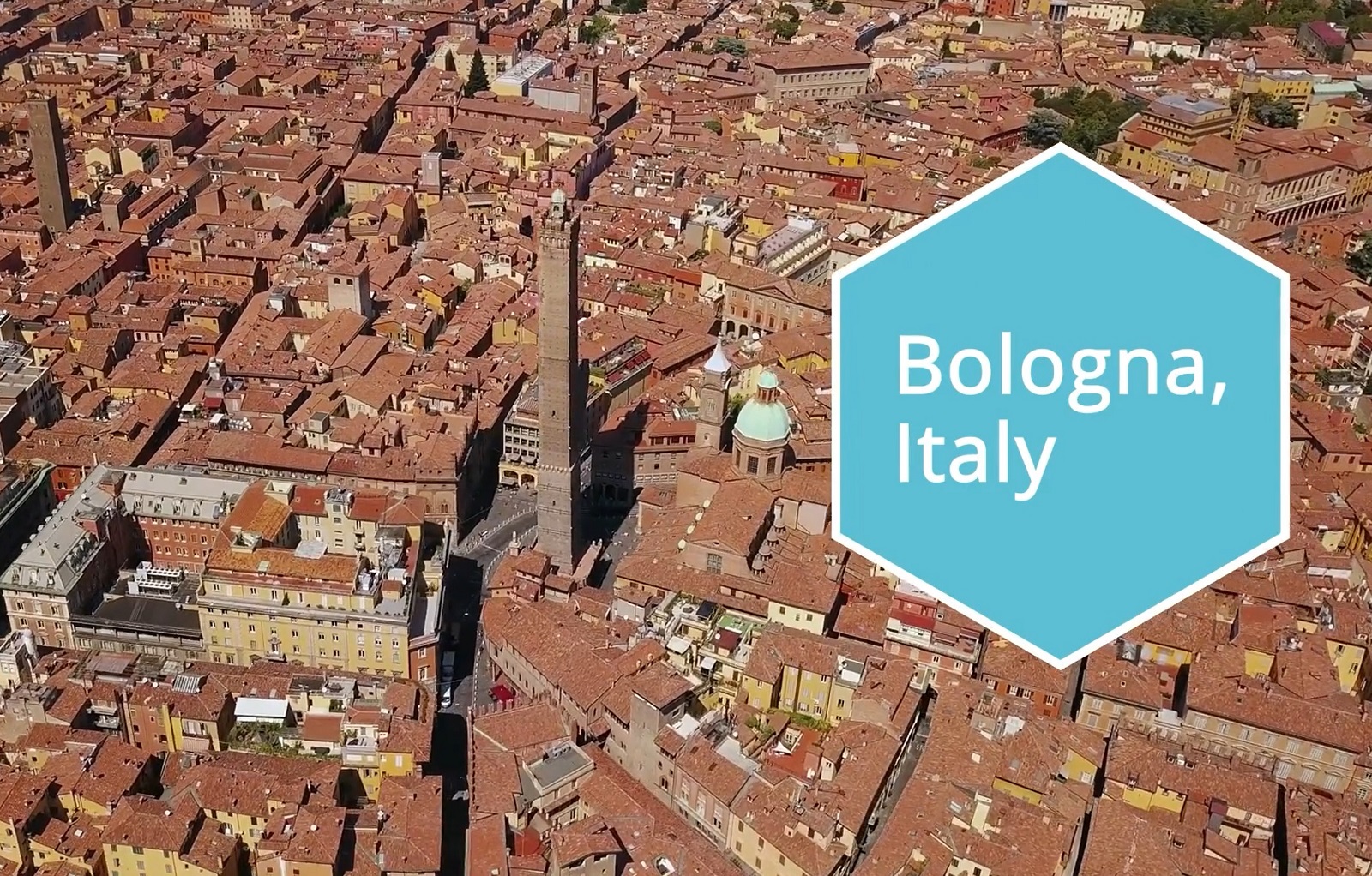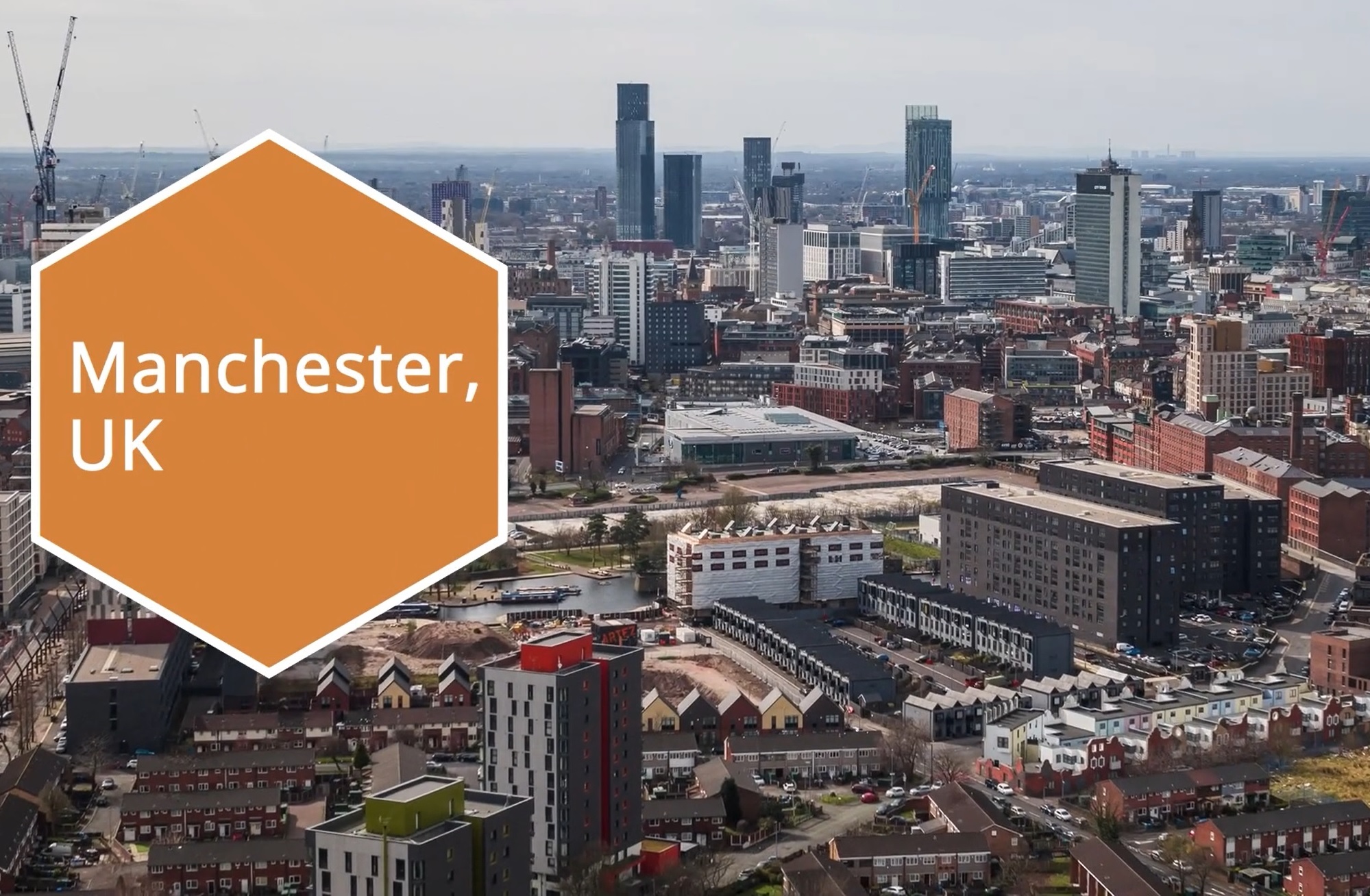After the first two years of intense inter-regional exchanges (2017 & 2018), the four REFORM regions have started the second phase of the project in 2019 with the main goal of implementing successfully their respective action plans by the end of 2020.
As we are now at the beginning of the second (and last) year of this second phase, it's time to look back at the main achievements of 2019 and to look forward to the objectives of 2020.
DISCLAIMER: This article, which was originally meant for showcasing the main achievements of 2019 in vision of 2020, has been now enriched by four regional updates on the current situation due COVID-19.
- UPDATE Region of Central Macedonia
- UPDATE Region of Greater Manchester
- UPDATE Region of Emilia-Romagna
- UPDATE Region of Parkstad Limburg
Emilia-Romagna
 In Emilia Romagna, the regional approach taken to promote and fund SUMPs and support cities in the development and implementation of local SUMPs was identified as a successful. In 2019, two large cities have adopted their first SUMPs: The Municipality of Ravenna and the Metropolitan City of Bologna. Together with Parma (adopted in 2017), they are the only three cities of Emilia-Romagna to have adopted a SUMP. The regional authorities will continue to apply the same approach in 2020. The goal of the region is to have a SUMP adopted in all of the twelve biggest cities of Emilia-Romagna by the end of 2020.
In Emilia Romagna, the regional approach taken to promote and fund SUMPs and support cities in the development and implementation of local SUMPs was identified as a successful. In 2019, two large cities have adopted their first SUMPs: The Municipality of Ravenna and the Metropolitan City of Bologna. Together with Parma (adopted in 2017), they are the only three cities of Emilia-Romagna to have adopted a SUMP. The regional authorities will continue to apply the same approach in 2020. The goal of the region is to have a SUMP adopted in all of the twelve biggest cities of Emilia-Romagna by the end of 2020.
To further support the development and implementation of SUMPs by local authorities, Regione Emilia-Romagna has launched a SUMP monitoring and observatory gateway. This online tool collects systematically mobility data from the regional cities and make them available in an open format to both local authorities and private stakeholders, with the aim of monitoring mobility measures and improving services and policies.
Central Macedonia
 The main highlight of the year 2019 in Central Macedonia is the launch of a SUMP Competence Centre. This tool aims at supporting all of the 38 municipalities of the region with the development and implementation of SUMPs. The Competence Centre has several functionalities:
The main highlight of the year 2019 in Central Macedonia is the launch of a SUMP Competence Centre. This tool aims at supporting all of the 38 municipalities of the region with the development and implementation of SUMPs. The Competence Centre has several functionalities:
- An electronic platform provides technical information to municipalities, including the European and national (Greek) SUMP guidelines.
- An online forum allows direct communication among municipalities and also between municipalities and other stakeholders, on specific issues related to SUMP preparation and implementation.
- Soon, a sustainable mobility network will be established and will work through consultations, workshops, seminars, etc.
This Competence Centre will be updated regularly and further developed in 2020. It will also be complemented with the creation of a metropolitan urban mobility observatory. This second tool will be developed in 2020 for the municipalities of the metropolitan area of Thessaloniki. The aim of this second tool is to collect collect, analyse and organise data for these municipalities. The database (updated regularly) will allow to redesign municipal policies and to harmonise sustainable urban mobility measures.
Greater Manchester
 2019 was particularly successful for Transport for Greater Manchester (TfGM). TfGM indeed received the 7th European SUMP Award for its plan Greater Manchester 2040 Transport Strategy. However, this did not distract TfGM from the implementation of its SUMP. Last year, the local authorities carried out a large consultation on Greater Manchester’s spatial framework and transport delivery plan. Both of these plans will be published in 2020.
2019 was particularly successful for Transport for Greater Manchester (TfGM). TfGM indeed received the 7th European SUMP Award for its plan Greater Manchester 2040 Transport Strategy. However, this did not distract TfGM from the implementation of its SUMP. Last year, the local authorities carried out a large consultation on Greater Manchester’s spatial framework and transport delivery plan. Both of these plans will be published in 2020.
Additionally, TfGM implemented an innovative approach regarding mobility in districts. Mobility objectives, policies and measures were adapted to the different geographical areas of Greater Manchester. This approach – implemented as part of the local REFORM Action Plan - was particularly successful and will be further developed in 2020.
Parkstad Limburg
 The year 2019 in Parkstad Limburg was marked by the adoption of a Mobility Vision by the City of Heerlen – the largest city of the region. This mobility plan aims at the development of a cleaner mobility a cross-border region. It must therefore respond to the specific characteristics, needs and limitations of such environments. Heerlen is indeed located in the South-East of the Netherlands, only a few kilometers from the Belgian and German borders.
The year 2019 in Parkstad Limburg was marked by the adoption of a Mobility Vision by the City of Heerlen – the largest city of the region. This mobility plan aims at the development of a cleaner mobility a cross-border region. It must therefore respond to the specific characteristics, needs and limitations of such environments. Heerlen is indeed located in the South-East of the Netherlands, only a few kilometers from the Belgian and German borders.
In 2020, the regional authorities will work further in making clean mobility a reality in Parkstad Limburg. They expect to launch and implement before the end of the year a bicycle-sharing scheme in the whole region of Parkstad Limburg, together with a bike use/ bicycling stimulation program . A new zero-emission mobility zone for city logistics and distribution is under investigation, which will make the area even cleaner and more sustainable for the residents!
